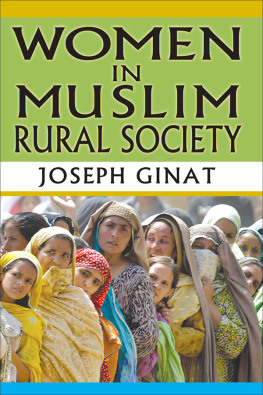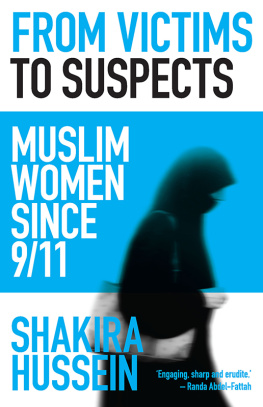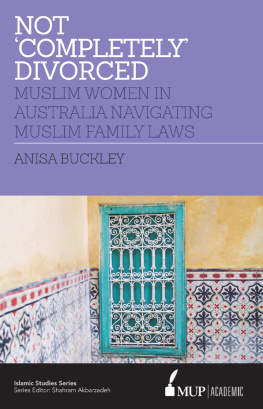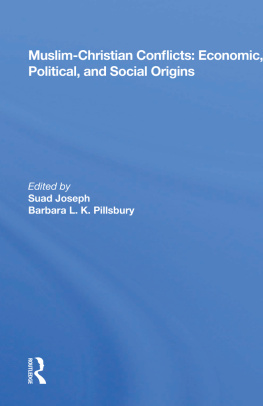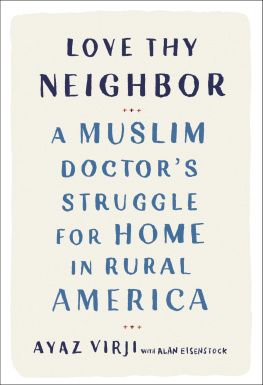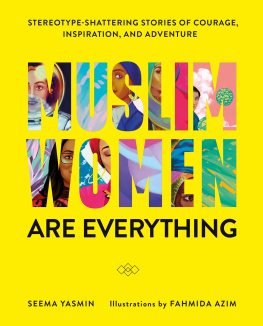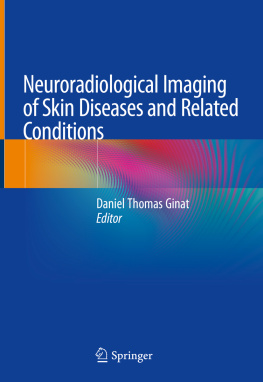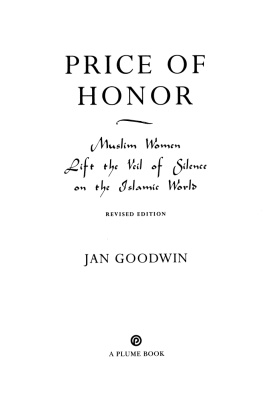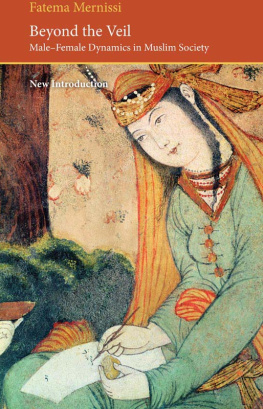It is remarkable how homogeneous much of Arab culture is. A good example are the Arabs views about his own society; they consist of a set of stereotypes found all over the Arab world. Perhaps the most important and widely held stereotypes are that Arab society is divided into three discrete economic sectors: The peasants, the nomads and the townsmen; that political activities are for the most part conducted by men organized in corporate patrilineal descent groups; that women depend on men and cannot own property; that men prefer to marry their fathers brothers daughter; and that men gain the esteem of their fellows by jealously guarding the honor of their women and by offering lavish hospitality. Most students of Arab societies have been influenced by these views and their accounts often illustrate these assumed patterns of culture.
Both Arabs and students of Arab society have tended to view the stereotypes as principles of social organization, and to interpret various aspects of social life as their manifestations. Thus the territorial organization of tribes, the political alliances of peasants or nomads, and the indigenous administrative order were all categorized as more or less inclusive corporate descent groups. Similarly, the preferred marriage of the fathers brothers daughter became the paradigm for all marriages. The Arab sought to marry the closest available agnate; if he could not marry a first parallel cousin he married another agnate. Inconvenient facts were treated as exceptions or given special interpretations. A political faction in a village which cut across descent groups would be described as a temporary alliance of members of various descent groups. The marriage of a girl to a man from another village could always be explained on personal grounds: perhaps the girls parents were afraid she might remain a spinster or she had been involved in a premarital affair, and no local boy would marry her. In short, both natives and foreign observers went to great lengths to keep the stereotyped view of Arab society intact.
In recent years there has been some uneasiness among students of Arab society about this state of affairs. This development can be attributed partly to the growing number of detailed studies of Arab communities of every kind, and partly to the accelerated pace of change in the region itself. In the oil producing states nomads are rapidly becoming townsmen, the state everywhere intervenes in village affairs and the cities grow in leaps and bounds. One can no longer treat nomadic tribes and villages communities as isolated, for they have become fully integrated into wider social fields. Furthermore, it has become clearer now that even in the past they were part of wider society. Nowadays even pastoral tribes and peasant villages are just specialized segments of a complex modern economy. That is not to say, however, that the Arab world is becoming another Western society. For it is modernizing in its own way, and at the same time it preserves some of its own traditions. Thus Western education and medicine exist everywhere side by side with Islamic learning and Oriental healing. And of course the native stereotypes about society shape the thinking and actions of people. Thus when a government tries to settle a tribe it usually acts on the assumption that the tribe is an alliance of related corporate groups. It may deprive the tribe of its territory, and thus of its identity, and yet treat it as a single unit, and its chief as its legitimate representative. There is a growing awareness in the region that a more adequate view of society is needed, one that takes complex reality as its starting point, and which treats the older stereotypic view of society as only another factor affecting this reality. Two recent conferences attempted such a reassessment in two areas. One was devoted to Rural Politics and Social Change in the Middle East (Antoun & Harik 1972), and the other to the relations between The Desert and the Town (Nelson 1973). Concerted efforts to achieve new insights into Arab societies such as these, will not only lead to better individual studies, but will also contribute to anthropological theory in general.
On this background Dr. Ginats study can be appreciated. It attempts to reassess several accepted truths about Arab village society. His main effort was directed at the position of women. He carried out very detailed, patient fieldwork, during which he established very good relationships with villagers of both sexes. He comes up with valuable and complete information about aspects of family life that have rarely been covered in such detail in the literature. The study shows first that one cannot speak about the position of women in general, for there is a great difference between women depending on the structure of their households and relationships. Women whose work contributes to the familys income, who have been able to acquire property, who exert control over their sons, and who have the quickness of mind to exploit suitable opportunities, such women often have their way in the economic and political affairs of their household and beyond. While women suffer legal and social handicaps, some of them can overcome these: they can manage and manipulate men who formally control their behavior and property, and other women, and crucially affect their actions. While their material and political resources may be limited, they have access to other forms of power, such as stratagem and the sanctions of withdrawal of cooperation. Yet it would be extremely hard for a woman to obtain the relative autonomy of movement and action that is the lot of so many men.
Dr. Ginats analysis of marriage patterns dispels the common notion that men (or their fathers on their behalf) customarily seek the hand of their fathers brothers daughter, and that this type of marriage illustrates a principle of endogamy in Arab village society. After carefully examining the numerous reasons for each marriage, he concludes that a combination of material and political considerations of the families involved, and not stated norm, determine the choice of spouses. Relatives are often in a position to coerce one another, and this leads to frequent matches between kin. The match, however, may not always serve the interests of the grooms family. A man may be forced to marry a fathers brothers daughter against his wishes, because his fathers brother has a hold over him. This is a far cry from the prevalent view that such matches are always initiated by the grooms father, and that they take place because custom demands so.

